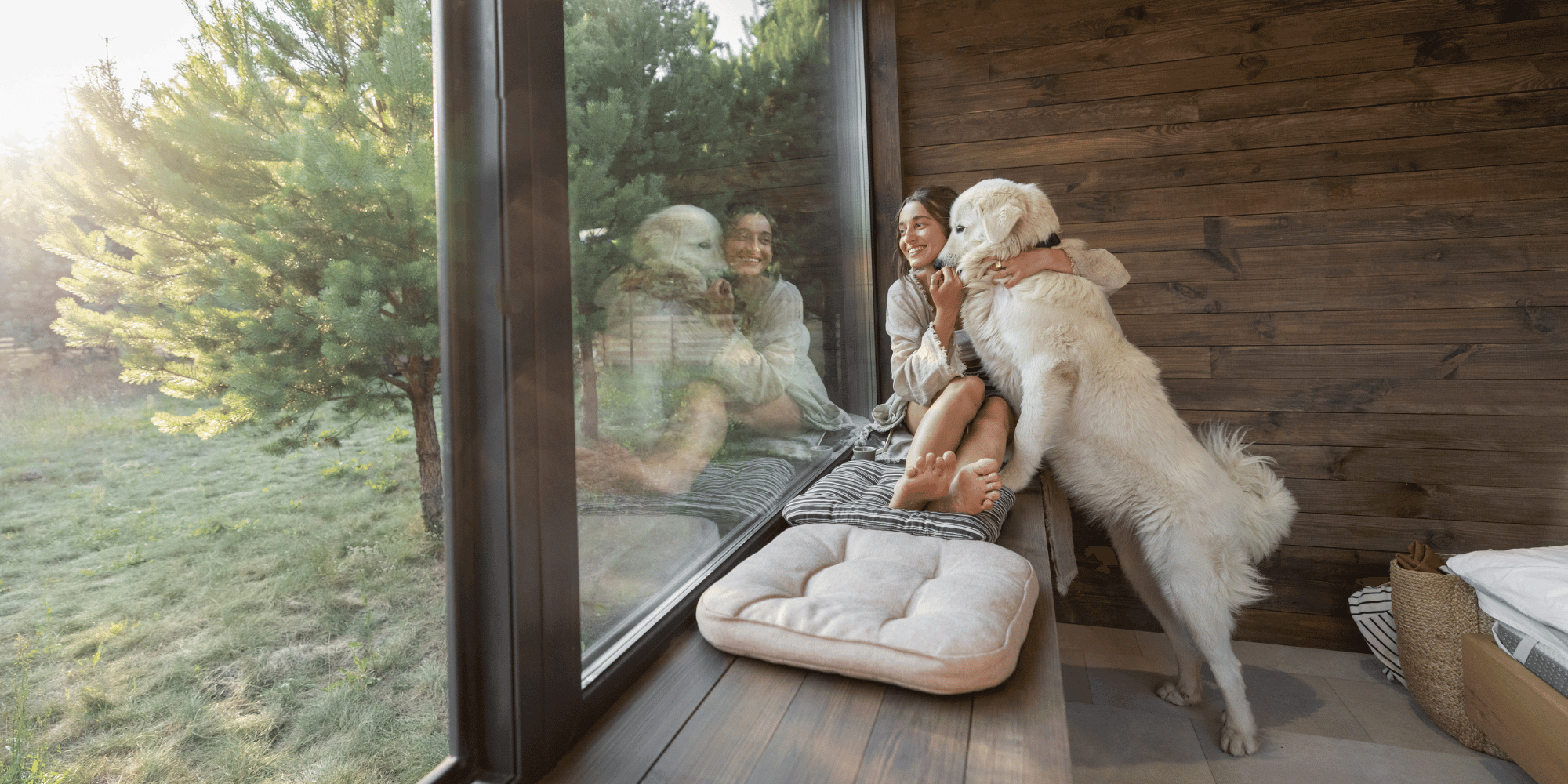The UNO sustainability journey
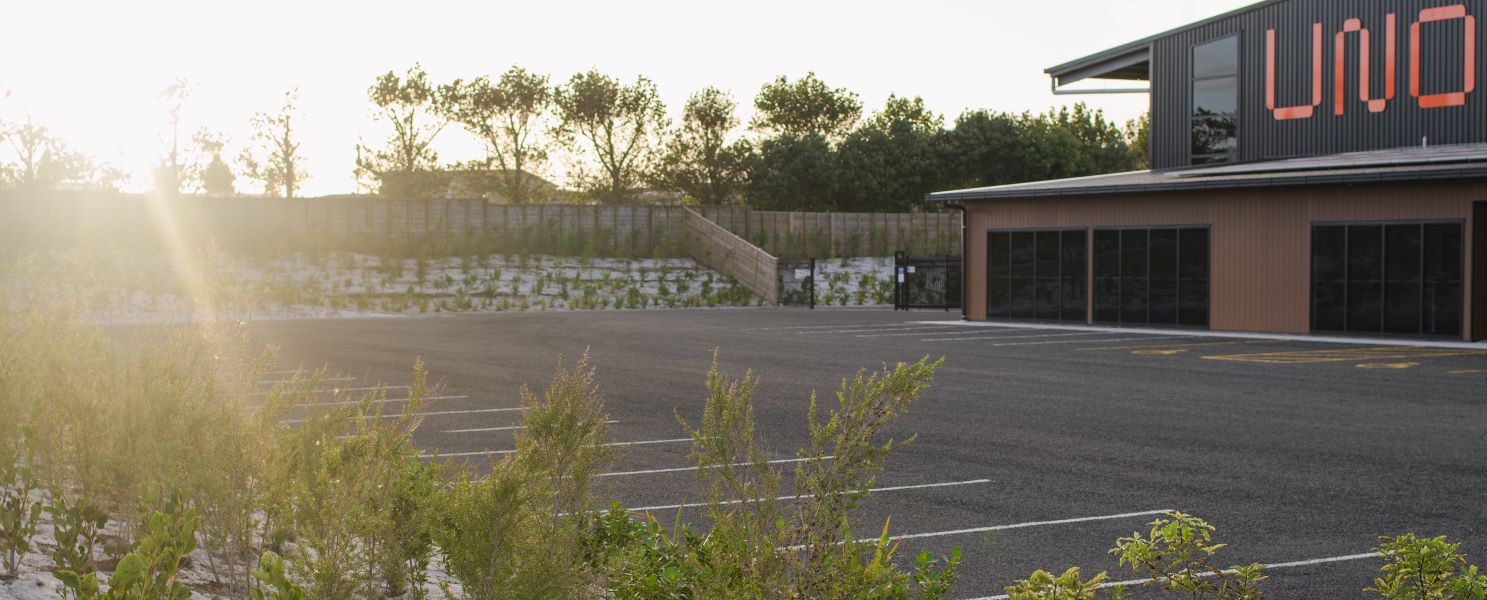
Plants
Since our new building was built in mid-2022, we have had approximately 2,500 native trees planted around the perimeter of our site!
We are now partnering with a great Kiwi initiative, Trees That Count. Through this, we will be donating one native tree for every 20 UNO thermal windows we despatch. It is our pleasure to support Trees That Count so that others in our community can benefit from planting native trees in their backyards.
So far, over 1.5 million trees have been planted with Trees That Count, so we’re excited to get on board and make a difference to the environment.
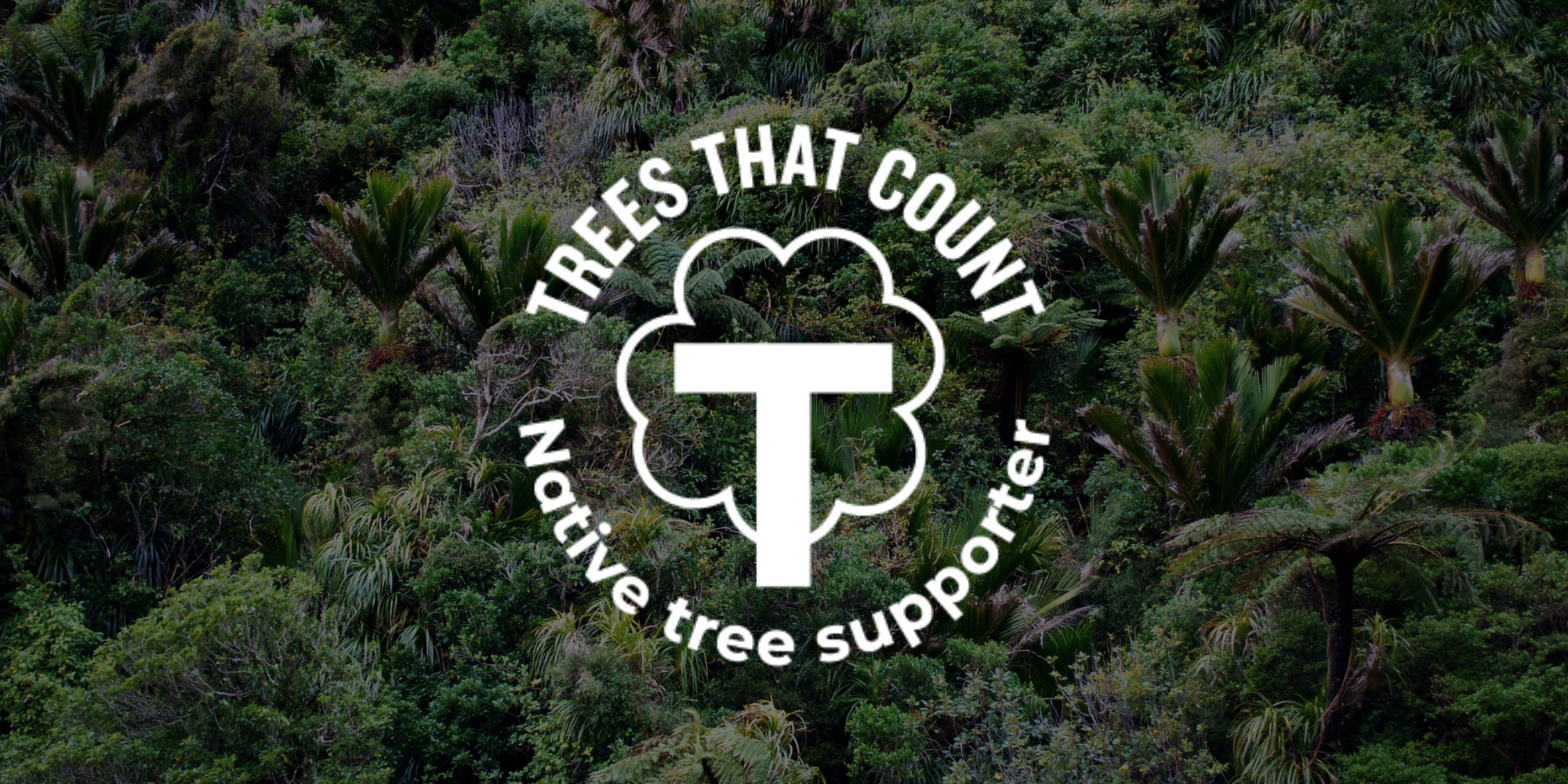
Recycling
Aluminium + aluminium recycling
We are always eager to partner with suppliers whose sustainability goals align with our own, and recently we’ve been introduced to ‘green aluminium’.
Aluminium supplier LocAl specialise in manufacturing low-carbon, locally-extruded aluminium. According to the International Aluminium Institute, the average carbon emissions used to produce just 1kg of Aluminium during the smelter phase is 16.8kg of carbon.
However, LocAl has partnered with smelters that use renewable energy sources to produce aluminium with much lower carbon emissions - between 4kg and 8kg of Carbon per kilogram of aluminium. By nearly halving the CO2e emissions of the aluminium used in projects, LocAl is a supplier we are proud to be associated with.
We can also rest easy knowing that our aluminium offcuts go to scrap metal dealers General Metal Recycling and Macaulay Metals for recycling, rather than ending up in the landfill.
75% of the aluminium that has ever been made is still in use; this is because aluminium can be recycled over and over again. Recycling aluminium requires only 5% of the energy used to make primary aluminium for the first time.
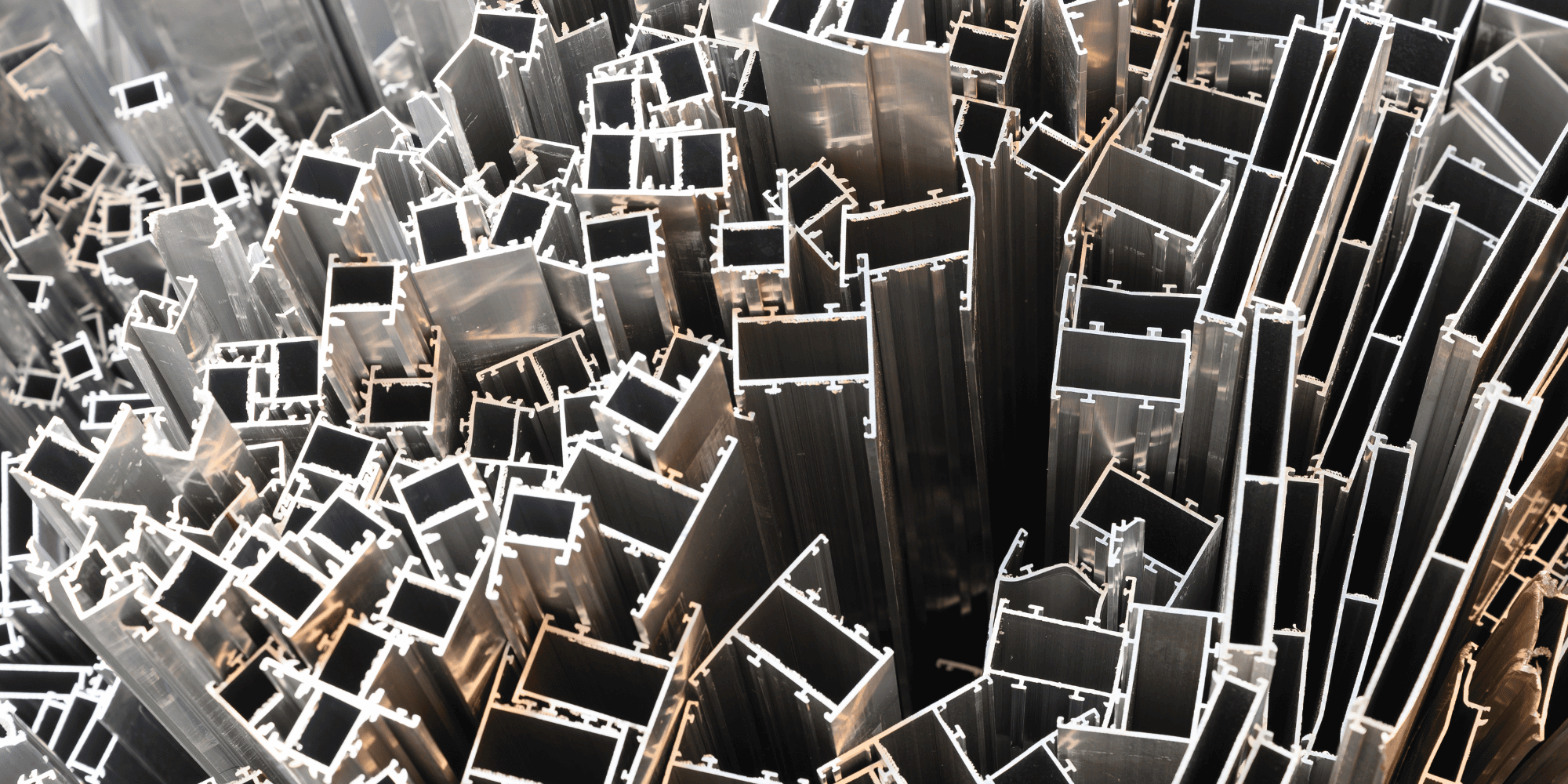
Glass recycling
We believe that glass shouldn’t go into a landfill, and our friends at 5R Solutions feel the same. The innovative New Zealand-based company specialises in window glass recovery and recycles it back into glass bottles, glass wool insulation and even as filtration in wastewater plants! We think that’s far more useful and sustainable than sitting in a landfill for thousands of years, and we’re sure our customers will too.
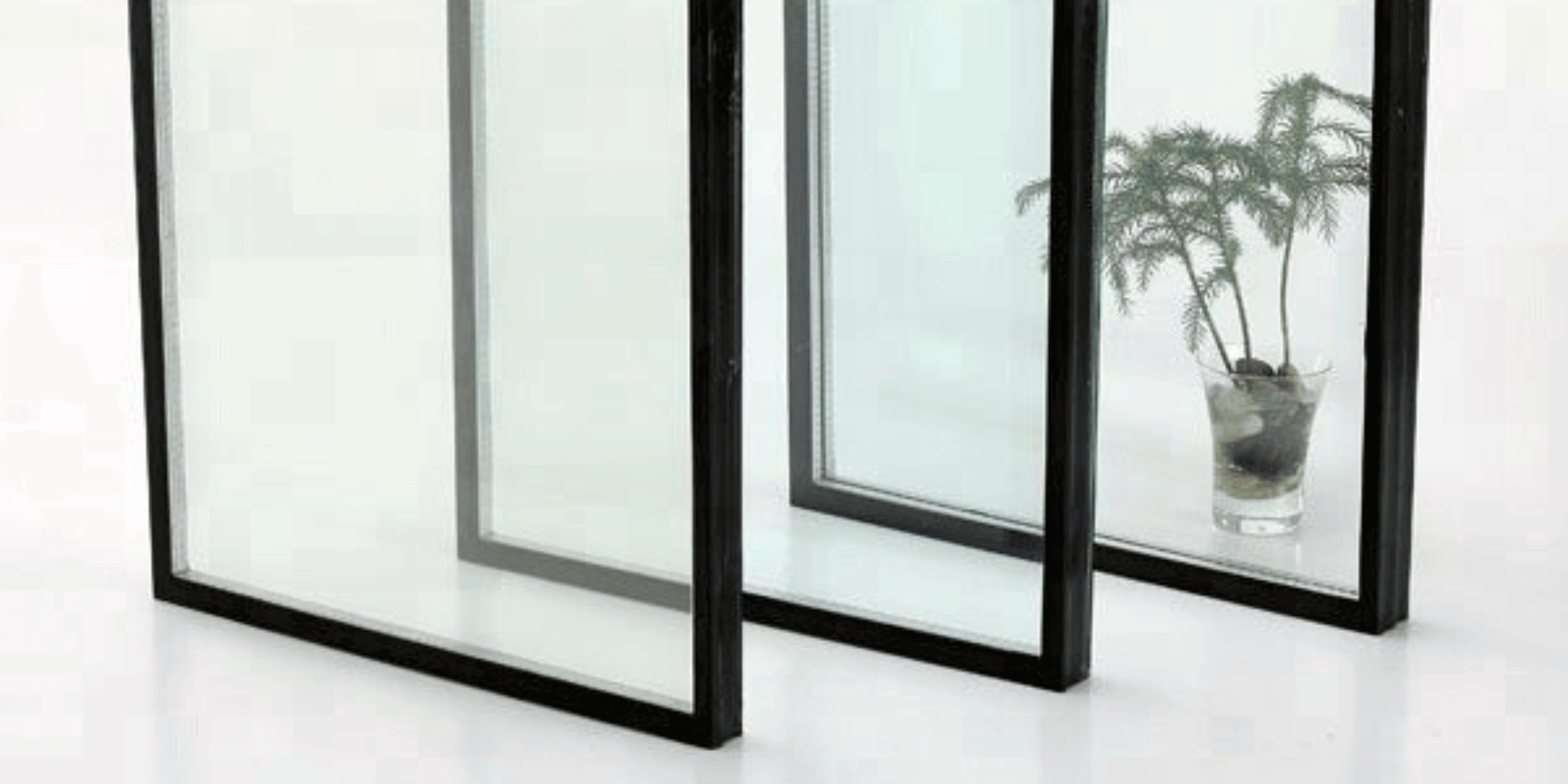
Cardboard recycling
Waste Management takes care of recycling our cardboard waste. According to their 2021 Sustainability Report, 25% of cardboard is sent to local mills to be made into recycled containerboard. The remaining 75% is sent offshore to reputable companies in Indonesia or Southeast Asia to receive the same treatment. With that in mind, this reincarnated cardboard has possibly passed through our factory multiple times over the years!
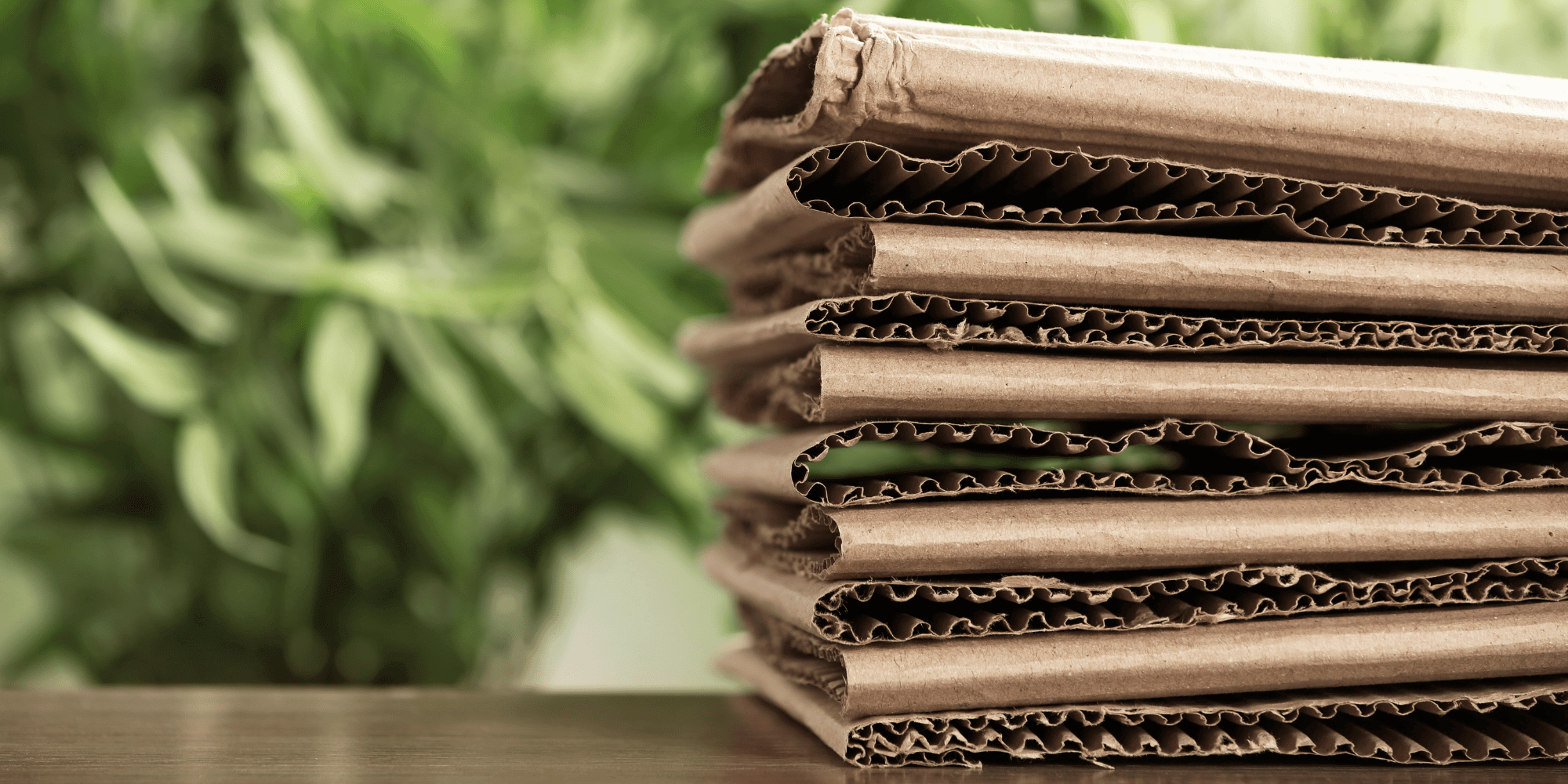
Reusable rubber reels
Plastic reels for rubber seal rolls
While we recycle our cardboard and plastic, we prefer not to use them at all where we can. All our rubber seals used to be delivered on cardboard or single-use plastic reels. Nowadays, we have changed to using reels that are reusable and collapsible, which means they are returned to the supplier to be used over and over again.
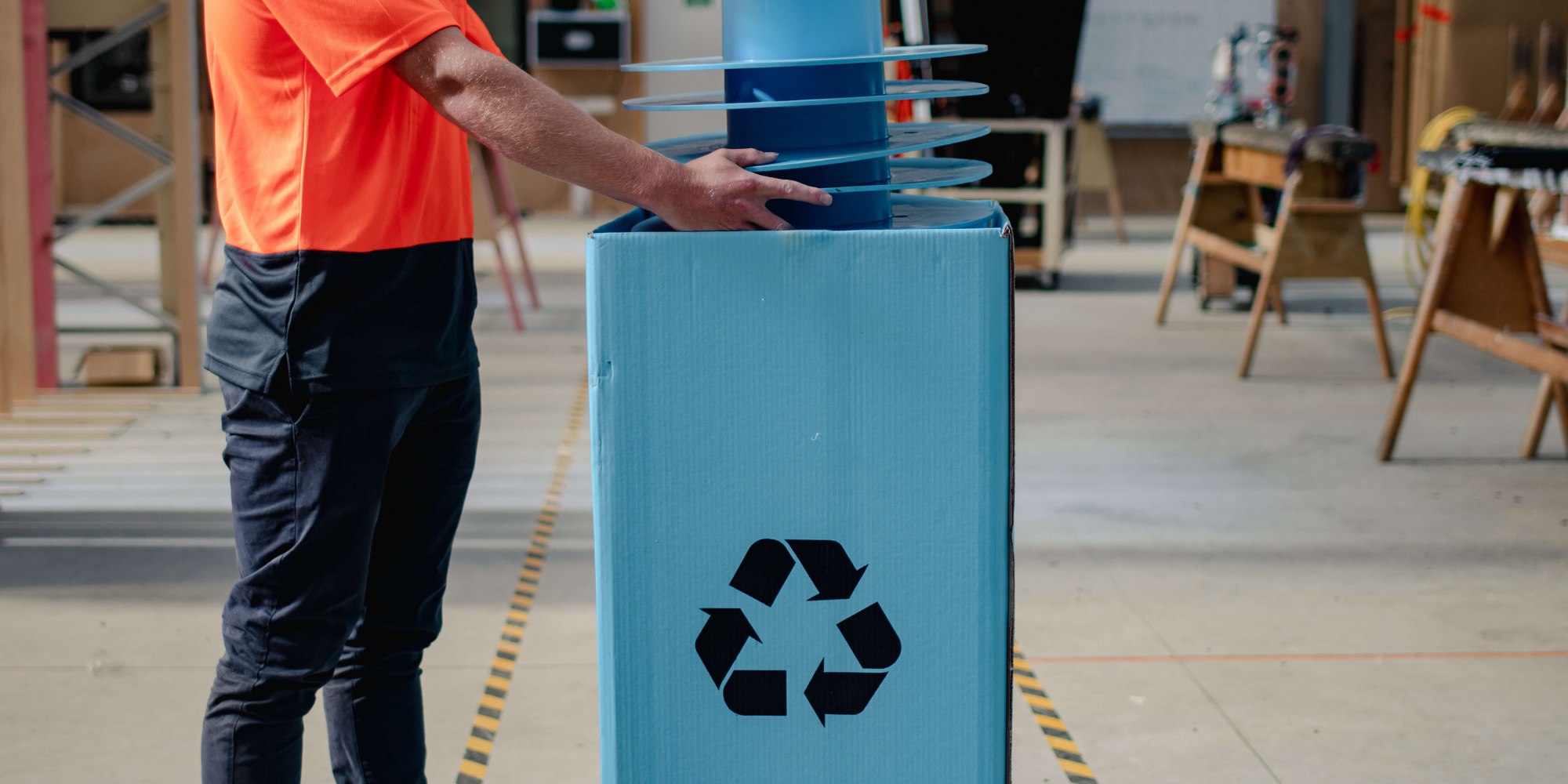
Sustainable energy
While 70% of New Zealand’s energy is renewably sourced, this is offset by fossil fuels during peak power demand, or when hydropower plants face lower water levels.
Traditionally powered buildings can rely on fossil fuels during these peak times, which produce harmful greenhouse gases. We run a large-scale fabrication operation, so we had to take a critical look at our energy consumption.
We have installed solar panels to support the electrical demand of the building, knowing this is a renewable and abundant source of energy. The new building was designed to make use of plenty of natural light, supported by LED lights and light sensors to minimise energy consumption within our manufacturing and warehousing areas.
Solar energy dashboard showing environmental benefits to date.
On top of this, we have Low-E double-glazed windows throughout the building to regulate internal temperatures and heat loss — this is crucial during those cold Taranaki winters!
And rather than letting heat go to waste, we have incorporated ventilation and heat recovery systems in the office block, which collect up to 86% of the latent energy in outgoing air; this is then used to pre-warm or cool the fresh air vented in. In doing so, moisture build-up is minimised while healthy humidity levels are maintained and managed in the most energy-efficient way possible. This not only saves on operating energy costs but also improves indoor air quality by filtering harmful contaminants, intuitively managing healthy CO2 levels and meeting fresh air requirements.
These initiatives ensured that we were ahead of the H1 compliance changes introduced in November 2022. These latest H1 requirements in New Zealand are focused on reducing energy consumption and increasing insulation in residential and commercial buildings, which is a win for our customers.
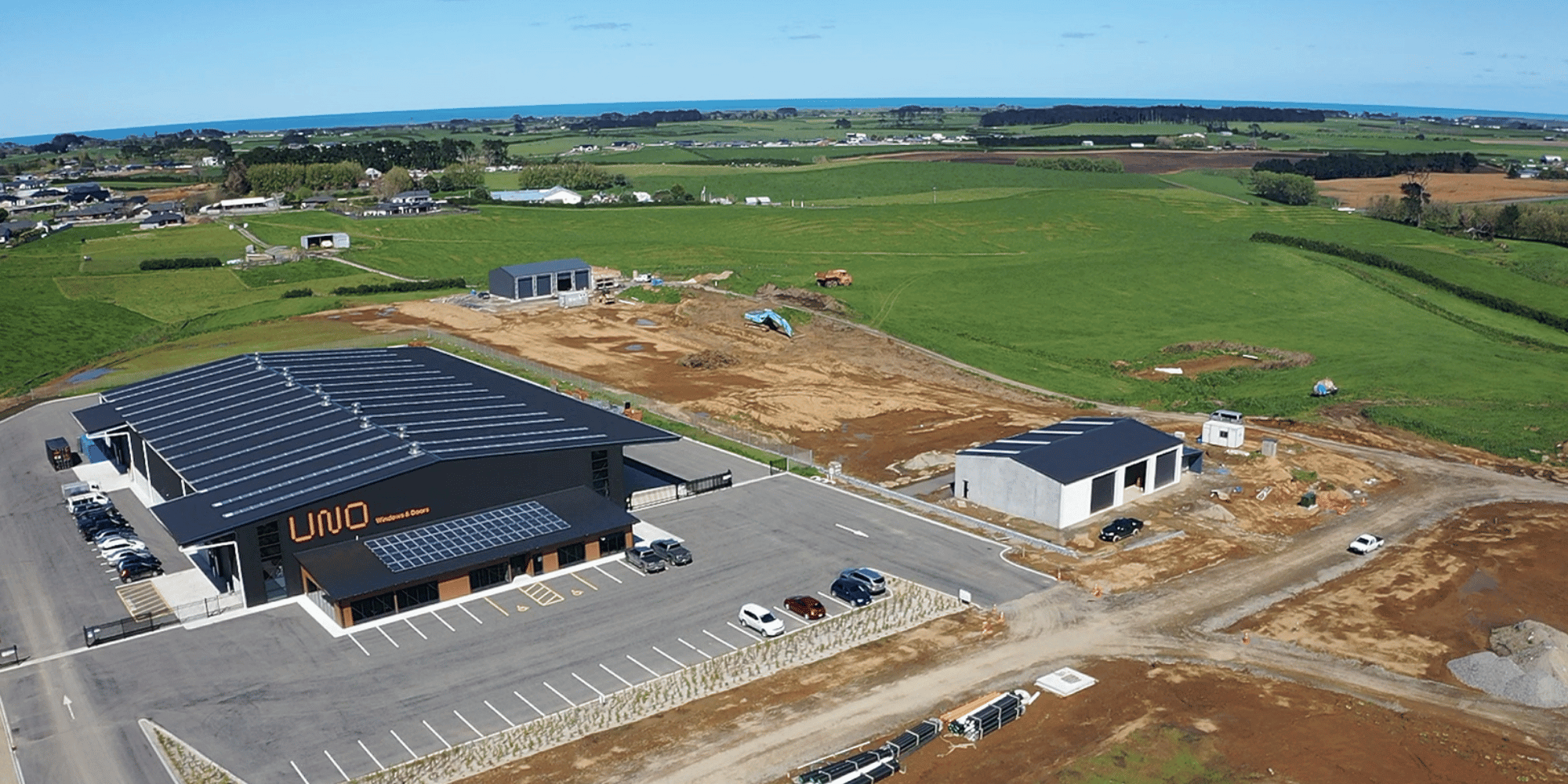
The future
In today’s fast-paced world, we need more energy and materials than ever before. But with our planet’s natural resources in decline, it’s our responsibility to operate our business sustainably.
This is just the start for UNO Windows & Doors. This journey we have begun will lead us to exciting places and allow us to innovate sustainably into the future.
